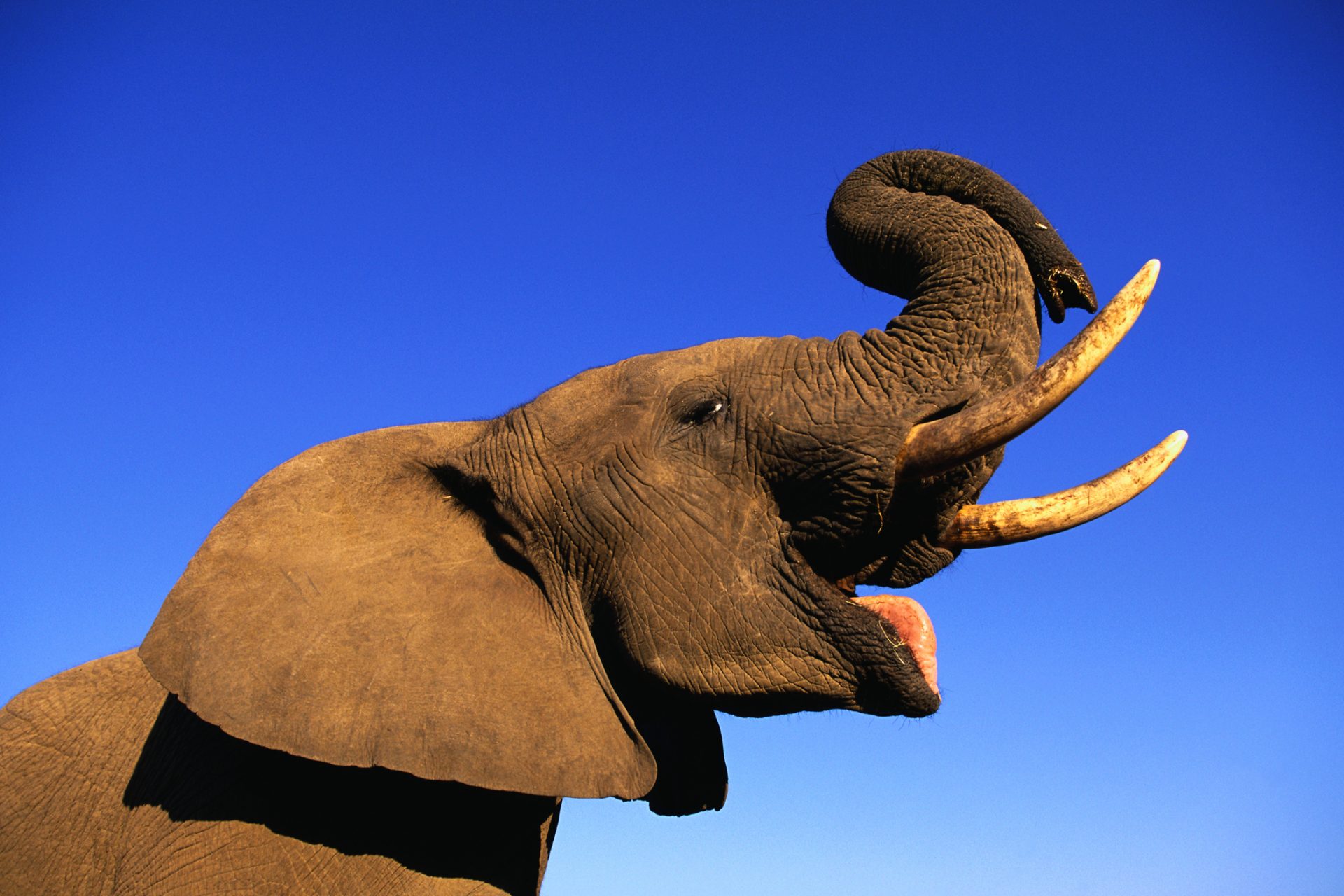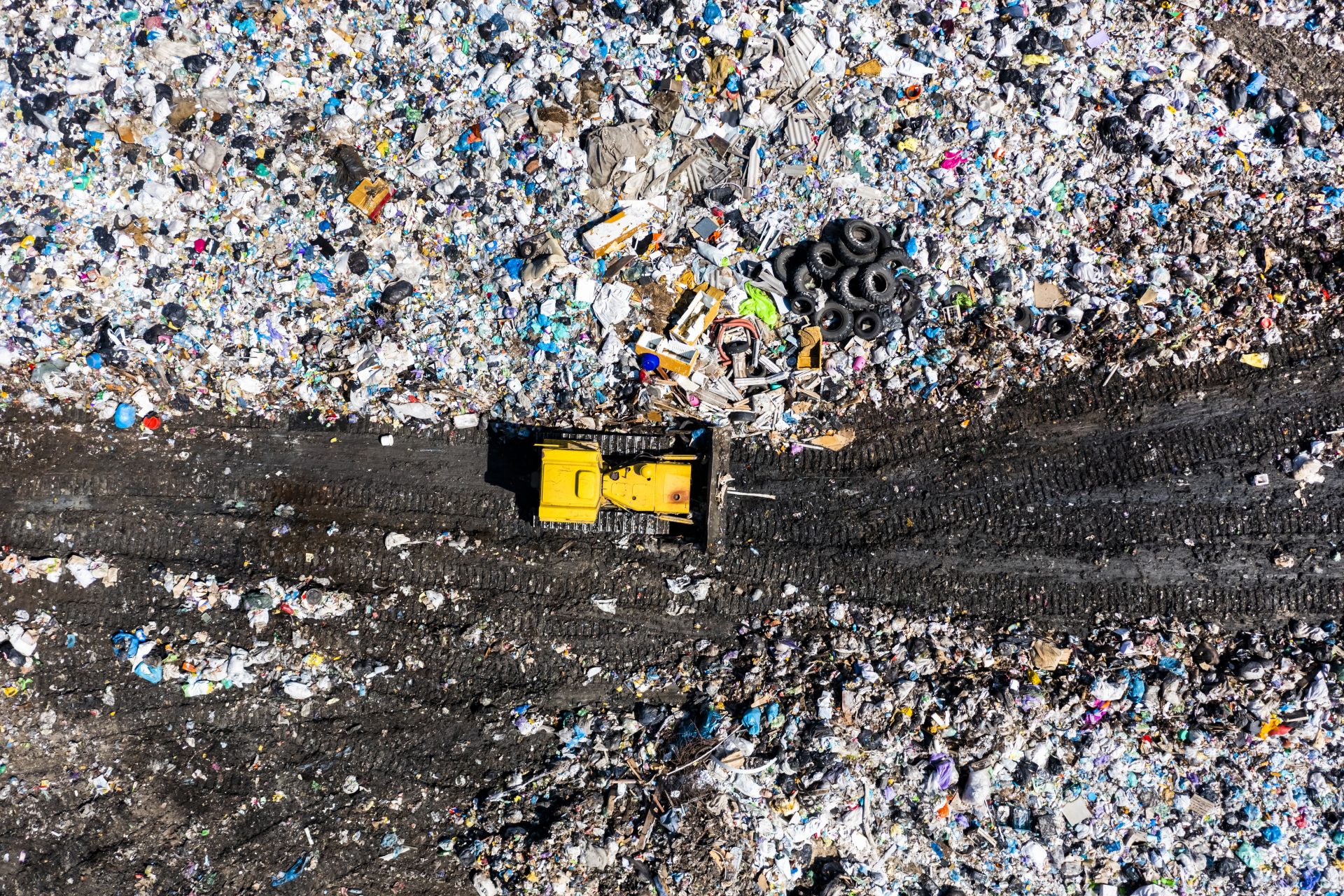Could extra warm elephant genitalia be the key to curing cancer?
Elephants and humans have a lot in common. We're both animals with large brains that use our intelligence to navigate through the world. But elephants have a leg up on humans in one respect—they really don't get cancer all that often.
Cancer in elephants is extremely rare and scientists haven't really known why, at least until now. There's one research that's proposed a bold new theory that it's the super hot testicles of male elephant that helps the species avoid cancer. If proven true, the theory could help us better understand how to fight and beat cancer.
When we say super hot we're not referring to the actual appearance of a male elephant and its dangling bits but rather the actual temperature of their testicles—a hot heat that just might have given elephants the gift of cancer-free lives.
In order to understand how the heat of an elephant's testicles can turn into the ability to stave off cancer, we first have to look at some complicated science and break down how scientists figured out that larger animals just don’t seem to get cancer at high rates.
Back in the 1970s, there was an epidemiologist by the name of Richard Peto who had noticed a weird phenomenon among the world’s largest land creatures. Despite having more cells in their bodies that could turn cancerous, few rarely developed the disease.
Smaller animals had a far higher likelihood of developing cancer than larger creatures and Live Science noted in its reporting on the new research about elephants that the gentle giants seemed to reign supreme among the larger animals who didn’t get cancer.
Interestingly, a 2016 study investigating the potential mechanism that protects elephants from developing cancer found that the giant animals were statistically far less likely than humans to die from cancer with only 4.81% of elephants dying from the disease.
Humans were found to die from cancer at a rate of 11 percent to 25 percent, which even if exaggerated seems a little sad for our species. What protected elephants according to the study was the animal's 20 copies of a gene we humans have labeled TP53.
TP53 is a gene that tells your body how to make a protein that suppresses tumors. It is found in all mammals and also helps to regulate cell division, ensuring that cells don’t divide too fast or in a way that becomes out of control according to MedlinePlus.
Humans only have one of these genes and you can see why some researchers might have started thinking the more TP53 genes you have the more likely you are to be able to fend off cancer, a disease that is built on the uncontrolled growth of cells in the body.
You may not believe it but a theory from the University of Oxford’s Fritz Vollrath suggests that it was the large and excessively hot testicles of male elephants that helped the species evolve to have several copies of the TP53 gene. But how did elephants get so many copies of this gene?
Despite our early use of the awkward phrase “dangling bits" earlier in this article, an elephant's 'nuts and berries' aren’t actually housed outside of their bodies but rather inside, and that little anatomical quirk is what Vollrath theorizes allowed for the evolution of 20 copies of TP53.
In order to protect their sperm, elephants needed to develop more copies of the TP53. “In this scenario,” Vollrath wrote, “any benefits of cancer protection would have been a welcome serendipity, perhaps leading to its own evolutionary developments.”
Getting into the science behind why internal cajones might have led to the development of more copies of TP53 isn’t something that needs to be understood in order to see why it might benefit elephants but Vollrath’s theory is still just that—a theory.
Live Science spoke with the University of Buffalo Evolutionary biologist Vincent Lynch while reporting on the “hot elephant testicle theory” and Lynch explained that it was possible elephants developed more copies of TP53 to protect their sperm.
However, Lynch also explained that it could be just as likely elephants developed more copies of TP53 specifically as a counter to the threat posed to the larger animals from cancer, and he pointed to the number of TP53 copies in most whales as an example.
Like humans, whales only have one copy of TP53 despite being very large mammals that also house their plumbing internally. Animals similar to elephants but much smaller like hyraxes also have internal testicles but didn’t develop the same benefits as elephants Lynch said.
Regardless of how elephants evolved to have 20 copies of the TP53, it's important that we study the phenomenon to better understand how we can use the knowledge to help humanity defeat cancer, a point with which Fritz Vollrath would wholeheartedly agree.
“Elephants provide us with a unique system to study the evolution of a robust defense mechanism against DNA damage and explore the intricate details of the p53 complex in our own battle against cancer and ailments like aging,” Vollrath said according to PsyOrg.
“Novel insights in this field are always important, but especially now that overheating is becoming ever more of an issue also for us humans." the evolutionary biologist continued.
More for you
Top Stories

































